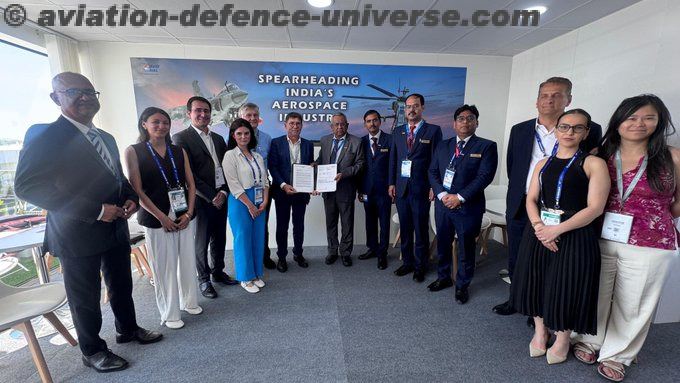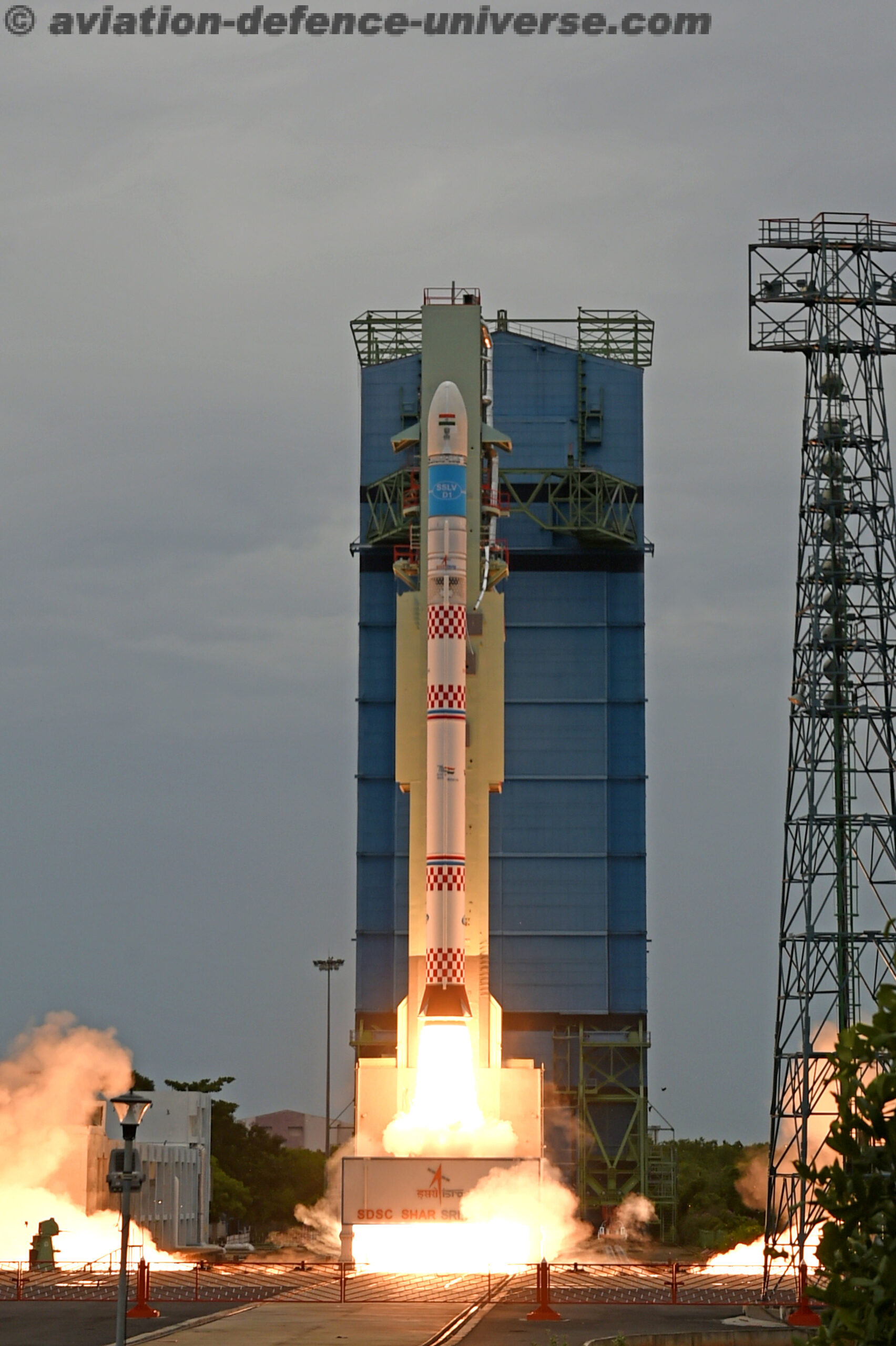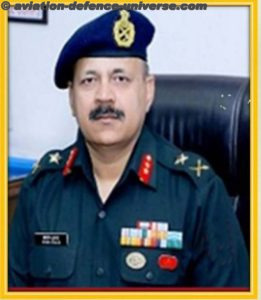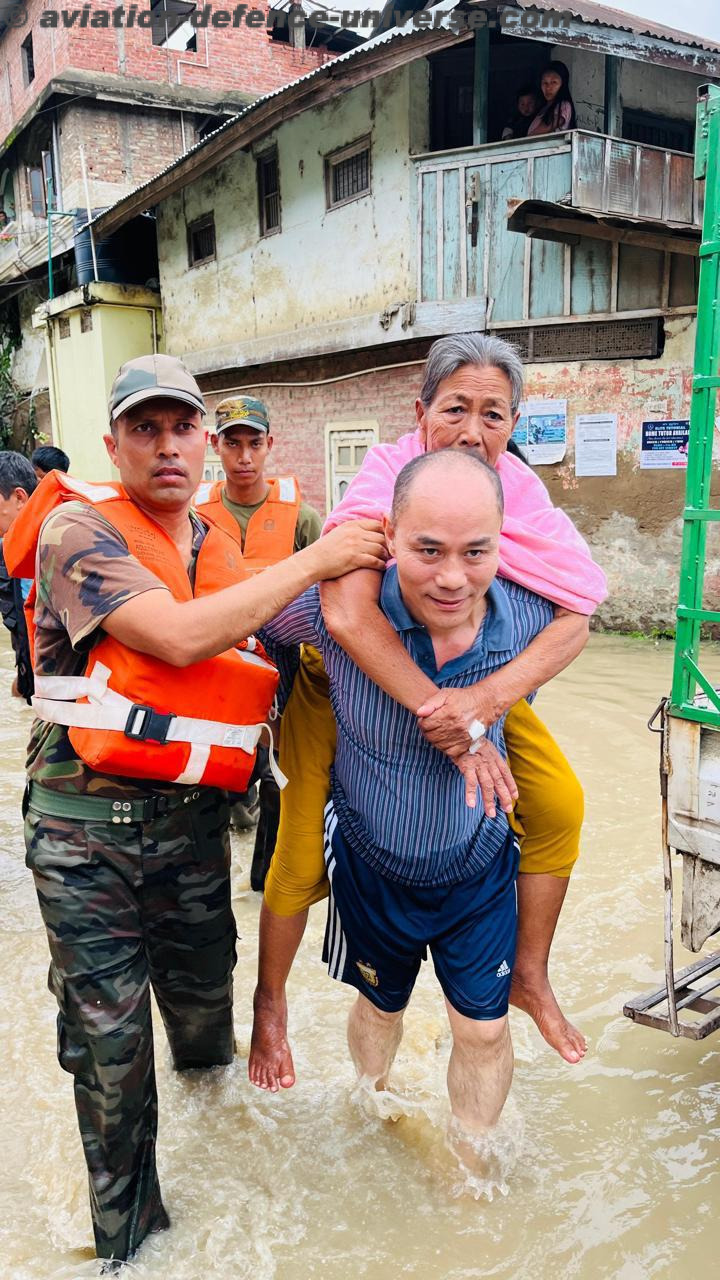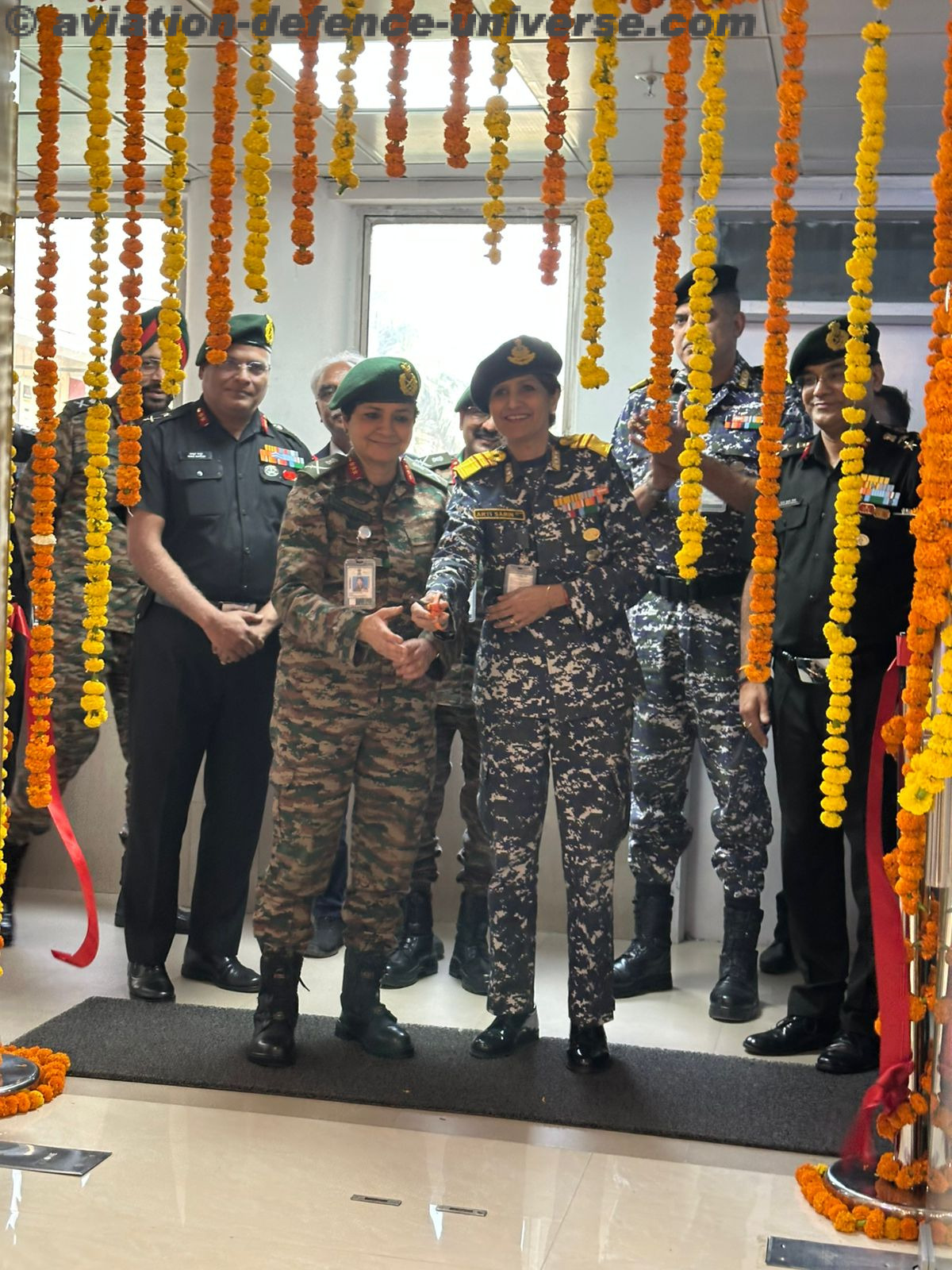- Or did China stage it remotely?
By Jai Kumar Verma
New Delhi. 15 February 2021. Pillars of democracy not only shook but were swept away in the military tsunami of Myamnar. On 1st February 2021 Commander in Chief of Myanmar Army, General Min Aung Hlaing overthrew the democratically elected civilian government through a bloodless coup. The leaders of ruling National League for Democracy (NLD) including Nobel Laureate Aung San Kyi and president of the country were arrested by the army which is also known as Tatmadaw.
China which always maintained close relations with the army generals of Myanmar and constantly supported the army instead of democratic forces, has blocked the United Nations Security Council (UNSC) resolution condemning the military coup in Myanmar.
The army deposed the government few hours before the start of the new session of the parliament where NLD had a massive majority. NLD won 396 seats out of 476 seats in the general elections held in November 2020. The army declared emergency for a year as its protégé Union Solidarity and Development Party (USDP) won only 33 seats. It was a great debacle for the USDP as well as for the army. Both USDP and army alleged that there were massive fraud in the voting and the voters list was fabricated. Although the election commission rejected the allegations but USDP filed several complaints to the election commission and a case was also filed in the supreme court.
The army has wide powers under 2008 Constitution but still it became apprehensive of the rising popularity of Suu Kyi. The military generals also became suspicious of the close contacts established between Chinese government and Suu Kyi. The international media was also pleading that General Min Aung Hlaing should be punished for causing inhuman atrocities on Rohingya Muslims. There were also pressure from international community to take back Rohingya Muslims. Although Suu Kyi defended the army and stated that there were no brutalities but also agreed to take back Rohingya Muslims. The army was against taking back of Rohingya Muslims as the security forces allege that they are secessionists and fight for carving out a separate homeland.
China, which is the closest ally of Myanmar army, stated that imposing of sanctions and much international pressure would be ineffectual. In past also China has defended Myanmar army in UN as well as in other international forums, when the army was suppressing the Rohingya Muslims. If the international community put rigorous sanctions, it will benefit Beijing as the dependence of Myanmar will increase manifold in China.
,
China is pressing that it is an internal matter of Myanmar while the state controlled Chinese media is projecting it as a ‘cabinet reshuffle’ however the public of Myanmar is constantly demonstrating against the coup. The public is suspecting Chinese hand behind the coup hence there were also demonstrations in front of Chinese Embassy in Yangon.
The security forces used rubber bullets on the peaceful demonstrators in Mawlamyine on 12 February while the protesters also threw stones and water bottles on the security personnel. The protesters were demanding release of Aung San Suu Kyi and restoration of democracy. There were protests and demonstrations at several places in the country as the public defied the ban on big gatherings. The military also imposed night curfew in few cities. Government employees also joinined the civil disobedience movement. About 40 police officers joined the protests in Loikaw town. In a massive demonstration in Naypyidaw one woman received a bullet injury and her condition is critical. Police detained about 80 demonstrators in Mandalay while about 200 doctors and medical staff also joined protests. More than 500 government employees including security personnel joined protests in Naypyidaw the capital of Myanmar and about 1,000 joined a street protest at Thabyegon. The offices of NLD were raided and security forces used excessive force against the peaceful demonstrators.
The rebellion is growing against the military junta. Besides demonstrations public is also showing resentment through banging of pots and honking of the car horns. The demonstrators displayed placards and flashed “three finger defiance salute” which was first showed by medical staff but soon adopted by other young demonstrators. The military rulers also organised some pro-military demonstrations in few places including Pathein, Ayeyarwady region.
There is strong reaction in the democratic world. In his first public address on Myanmar, U.S. President Joe Biden besides mentioning that the army should go back to barracks and democracy should be restored also announced quite a few sanctions against the military rulers of Myanmar. The military government is prevented from utilising USD 1 billion of Myanmar’s funds in U.S. The sanctions would be imposed on the business interests of military rulers and their family members in U.S. The U.S. State Department spokesperson mentioned that as protests are growing in Myanmar it indicates that the public is against the coup and they should not resort to violence against the peaceful demonstrators. Very soon U.S. would impose export controls also. U.S. had levied sanctions against military rulers of Myanmar in past, but the sanctions were removed in 2011. General Min Aung Hlaing and few other military generals are already facing U.S. sanctions due to atrocities and eviction of Rohingya Muslims. The U.S. also requested other U.N. members to pressurise Myanmar military to restore the democracy in the country.
The Human Rights Council is also working to establish human rights in Myanmar. The U.N.’s special rapporteur on human rights situation in Myanmar also projected a dim picture as he mentioned about the lethal force used by security forces against the peaceful protests in the country. He also stated that security forces have obligation under international law not to use excessive force against the demonstrators.
Not only China but other countries of the region including Cambodia, Thailand and Philippines also mentioned it as an “internal matter” of Myanmar. The Myanmar military overthrown the civilian government just three weeks after the visit of Chinese Foreign Minister Wang Yi to Myanmar. Wang Yi besides Suu Kyi also met military generals and the possibility that the Chinese Foreign Minister gave the tacit go-ahead to military general cannot be ruled out. China is not only the biggest supplier of arms and ammunition to Myanmar but is also the leading foreign investor in the country. China also needs help for its prime project “Belt and Road Initiative” hence it will continue its support to coup leaders. China is investing in several sectors including mining, oil and gas pipelines, hydropower, and other infrastructure projects. The local population is against several projects hence China may need army support to curb the local opposition. China is more comfortable in dealing with army than civilian government and Pakistan is an important example of it. As Pakistani masses are against the China Pakistan Economic Corridor (CPEC) Pakistan army took over the project under its control on behest of China.
The investment of western countries is minimal in comparison of China.
The western countries have already imposed sanctions on General Min Aung Hliang and other top military generals as well as on other businesses as there are human right abuses. Hence the impact of these sanctions on military leadership will not be much. In fact, these sanctions will be counterproductive as because of these sanctions the military leaders will become more dependent on China. At present the military especially the young military officers were against the country’s dependence on China and they wanted to import arms, ammunition and other articles from different countries including India. Japan, Singapore, and other countries which also invested heavily in Myanmar may put more restrictions which will also benefit China. Myanmar army has also deep suspicion on China as in past it clandestinely supported communist rebels and ethnic terrorist groups.
Besides economic interests China also understands the strategic importance of Myanmar. China which is supplying finished goods to the world is also eager to exploit the mineral resources of Myanmar. China will develop China-Myanmar Economic Corridor which will give access to Yunnan province of China in the Bay of Bengal.
The army generals are mentioning that they will restore democracy after a year but in past they never fulfilled their promise hence they cannot be trusted. The impact of the sanctions on military rulers would be very less hence the world should adopt a balanced approach and the problem can be resolved through persuasion, negotiations, and dialogue. Stringent sanctions will be counterproductive, and it will benefit China. India is pursuing a balanced policy and it will give a desired result in future.
(Jai Kumar Verma is a Delhi-based strategic analyst and member of United Services Institute of India and Institute for Defence Studies and Analyses. The views in the article are solely the author’s. He can be contacted at editor.adu@gmail.com)














